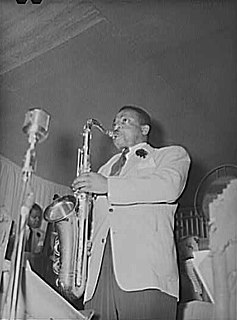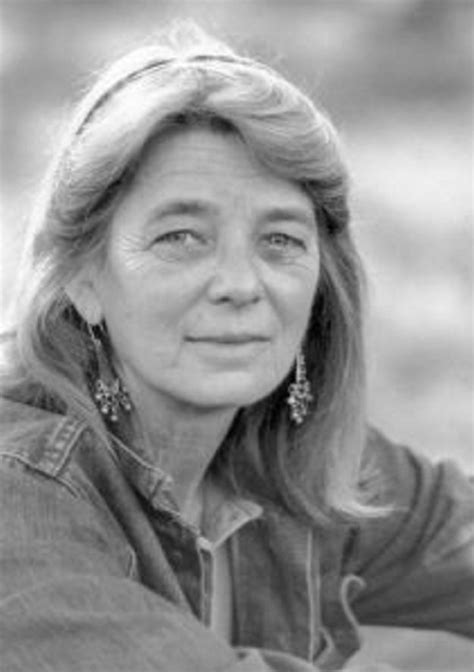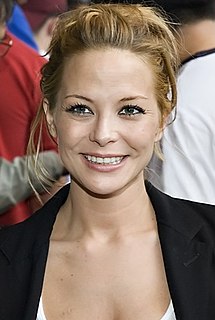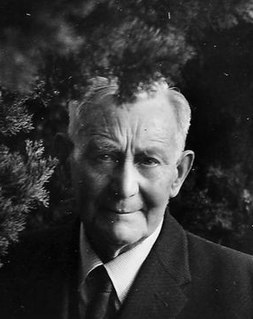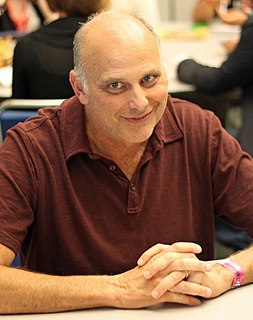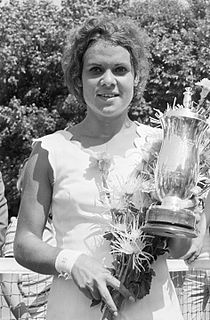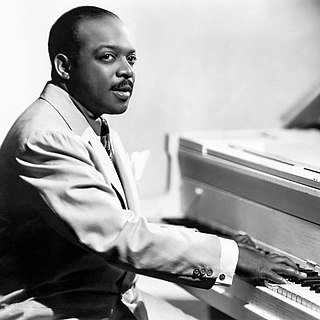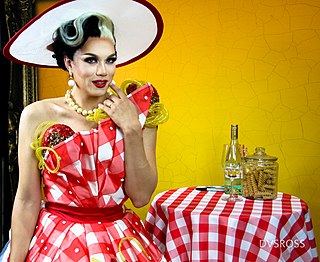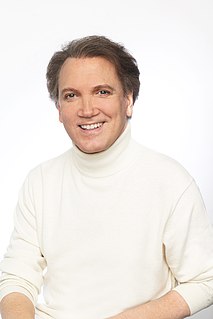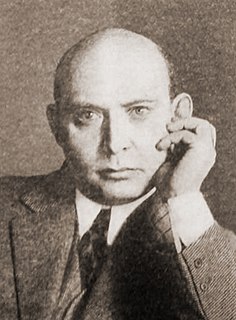A Quote by Christopher Walken
I don't usually get to play fathers or grandfathers or uncles. Now that I'm older, maybe I can play people closer to myself. I'd like that.
Related Quotes
As I've gotten older, the parts have diminished. I liked it when I was younger, I could always play the lead in the movie and I could do all the romantic scenes with the women, and it was fun and I liked to play that. Now, I'm older and I'm reduced to playing the backstage doorman or the uncle or something. I don't really love that so occasionally, when a part comes up, I'll play it.
I understand that actors lose their looks, they change over time, but people don't lose their talent. I think that, as people get older and the people who make the decisions get older, they don't like hiring people much older than them because it reminds them of their fathers, and they don't like telling people older than them what to do. It makes them uncomfortable. I think that happens a lot.
The spirit of playful competition is, as a social impulse, older than culture itself and pervades all life like a veritable ferment. Ritual grew up in sacred play; poetry was born in play and nourished on play; music and dancing were pure play....We have to conclude, therefore, that civilization is, in its earliest phases, played. It does not come from play...it arises in and as play, and never leaves it.
The story of Judith. But one of the reasons I'm doing it is because the roles I've been writing for myself over the past few years have gotten older and older. And I thought, You know, before it's too late, I want to play a sexy, tough young gal again. And I always wanted to do a Biblical epic. So, I'll play a beautiful young widow who saves her people from the Assyrians.

